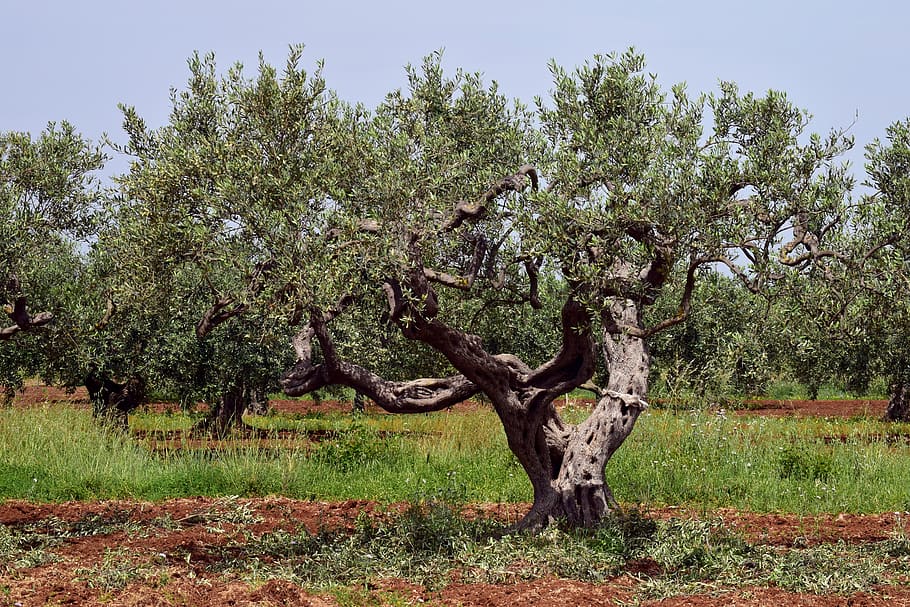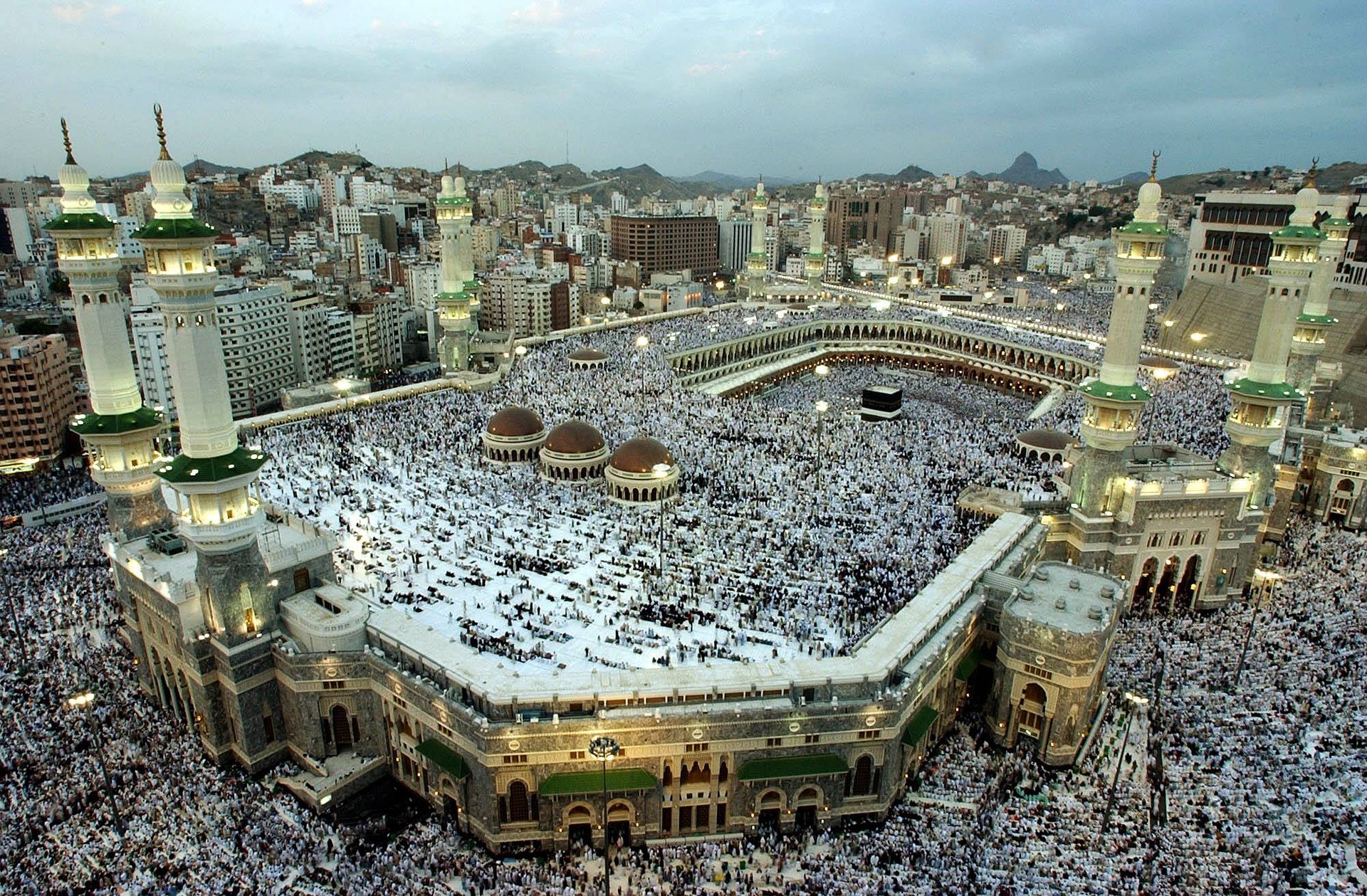Sūrah at-Tīn is a beautiful short Sūrah at-Tīn focused on reminding mankind of their potential for great piety and great evil. It is an early Makkan Sūrah comprised of just eight short verses. The first three verses are an oath of various aspects of creation. The middle three verses represent the core message of the Sūrah regarding the potential of mankind. The final two verses are a warning to those who reject this message.
The core theme of this Sūrah is humanity and our potential. Allah created humans with a sound pure nature, and gave it the potential for piety. Those who choose the opposite path end up the worst of creation due to their sin, rebelliousness and lack of purpose. It is this core theme that Allah calls upon us to reflect upon in this Sūrah.
A Symbolic Oath
There is a lot of discussion in the books of Tafsīr regarding the oath at the beginning of this Sūrah. It begins with an oath on the fig and the olive tree, followed by an oath on Mount Sinai and “this blessed city” i.e. Makkah. Scholars have discussed at length what these four things have in common.
The strongest opinion seems to be the opinion of the great companion ʿAbdullah Ibn ʿAbbās (RA). He stated that these four oaths represent four great messengers and their messages. The fig represents Prophet Nūḥ (AS) as he built his Masjid on a Mountain abundant in figs. The olive tree represent Jerusalem and message that Prophet Ibrāhīm (AS) brought to that land. Mount Sinai represents Prophet Mūsā (AS) as it is where he spoke to Allah. Finally, Makkah represents the final message of Islam that was revealed to Prophet Muḥammad (peace be upon him) in Makkah.
These oaths serve as a reminder that the message of Islam is not a new message. It is a continuation and conclusion of a series of messages sent to various messengers across the globe. Each of these prophets represented the same message from the same Creator. They called on their people to worship Allah alone and to obey the messenger. None of the prophets came with any other message. Islam represents the perfect finalized global edition of this Divine Message, one that is applicable and practical in every time and place.
The best and the lowest
After taking these oaths, Allah then draws our attention to the fact that He created mankind in the best of forms. He then warns that humanity also has the potential to fall to the lowest of lows, unless they follow the message of Islam. The purpose of revelation is to guide us towards the best of lives that helps us live up to our potential and serve our purpose in life as worshippers of Allah.
There are several interpretations of these verses. These verses can be understood as referring to either the physical or spiritual components of mankind. Both interpretations are found in the classical works of Tafsīr.
The first interpretation is that humans were created with the best of bodies, reaching their full physical potential in their thirties, before their bodies begin to decline. By the time, they reach old age, their bodies have become a shell of their former selves, and they reach the lowest of the low in their physical capabilities.
The second interpretation seems stronger and focuses on the spiritual component instead. Mankind was created on a sound nature (fitrah). This fitrah can be nurtured and preserved through following the revelation. However, when people choose to go against their fitrah, they fall into all kinds of immorality and sin, reaching the lowest of the low spiritually.
The fitrah represents humanity’s inner potential for piety. Allah has blessed every human being with an inner conscious, a moral compass deep within our souls. This conscious feels uneasy when we sin, and experiences inner peace when we worship Allah. It is our natural navigator to help discover truth and avoid the paths of falsehood.
Success then lies in nurturing this fitrah by seeking the truth and submitting to it. It is only through embracing Islam and choosing to a live a life of faith and righteous deeds that we can reach our full potential. The human potential for piety lies within every human. Accessing is as simple as devoting one’s life to Islam and avoiding the paths of falsehood.
Reaching the lowest of the low morally has become a norm in our times. Humanity seems to be on a race to the bottom, with each generation inventing new methods of sin and new lifestyles of immorality. In the pursuit of lust, humanity loses its purity, drowns out its fitrah, and becomes the lowest of low. The end result of this is a life of anxiety, depression and restlessness in this world, and even worse to come in the next world. The way back is simple, repent and submit to the Creator. That is the only way to achieve inner peace in this world, and eternal peace in the next.
A Divine Warning
The primary audience of this Sūrah were the pagans of Makkah. So it is fitting that the Sūrah ends with a warning to them about rejecting the truth and facing Allah’s Judgment on the Last day. The disbelievers of Makkah scoffed at the idea of revelation, prophethood and an Afterlife.
They believed in Allah, but did not believe in resurrection or Judgment. These verses call them to question their position. “Is Allah not the best of judges?” Why would Allah create humans, leave them to cause havoc on earth, and not hold them to account for their life choices when they die?
This verse calls on the disbelievers to question their position towards the Day of Judgment. If someone believes in a Just Creator, then belief in the Last day is a natural consequence of that belief. To believe in Allah but reject resurrection and judgment is nonsensical. Allah ends the Sūrah with this question, leaving it to the minds of the readers to answer it for themselves.






